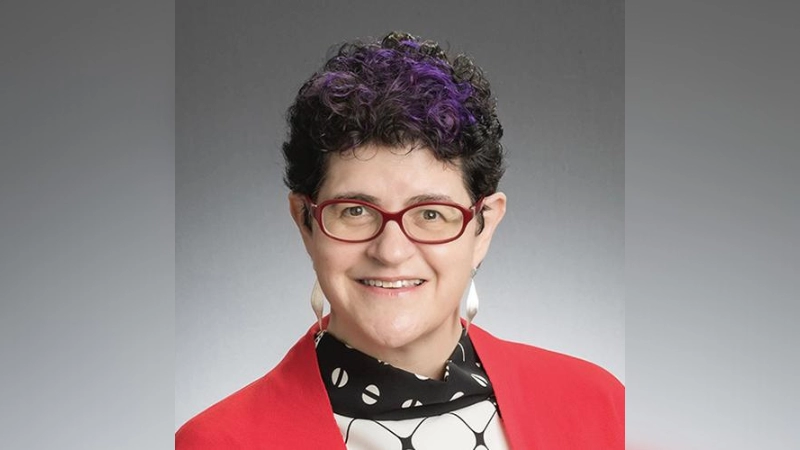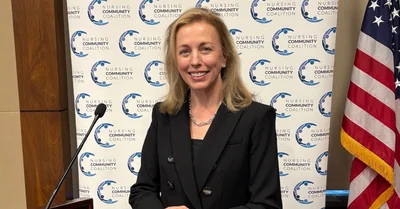Deborah Seligsohn, senior associate at the Center for Strategic and International Studies, argued in a commentary on the CSIS website that the U.S. should renew its Science and Technology (S&T) Agreement with China. In the Aug. 4 commentary, she defended renewing it despite the tensions surrounding it.
“Without administrative action, the S&T Agreement, signed in 1979, will expire on August 27,” Seligsohn wrote. “Despite the general nature of the framework, this agreement carries enormous historic significance. Discussions with officials in Beijing over the past few weeks have shown that they highly value this arrangement, as it was the first treaty reached between the United States and China after normalization.”
Some members of Congress want the U.S. to abandon it. "The PRC (People's Republic of China) uses academic researchers, industrial espionage, forced technology transfers, and other tactics to gain an edge in critical technologies, which in turn fuels the People's Liberation Army modernization. The United States must stop fueling its own destruction. Letting the STA expire is a good first step,” Mike Gallagher, the chair of the U.S. House of Representatives Select Committee on China, and nine other Republican representatives wrote to Secretary of State Anthony Blinken, a Reuters news report said.
Their view, Seligsohn wrote, is that China has reaped greater rewards than the U.S. from the cooperation, which is particularly evident in the growth of its surveillance drone industry.
Intellectual property (IP) safeguards have been added over the past four decades, addressing developments that were unforeseen at the time of its original signing, Seligsohn wrote. A more practical approach than scrapping the agreement would be to examine components and arrangements that raise legitimate concerns, she wrote. China wants to see the agreement continued, and officials there have said they are open to discussing possible amendments, she wrote.
The agreement has facilitated about 100 protocols since 1979 between American and Chinese scientists, she wrote in the article. While particular agreements can be ended, the broader S&T pact is crucial for government-level cooperation, encompassing health data sharing, climate initiatives, and educational exchanges, and its potential expiration jeopardizes important links, including health information access and training for future China experts, she wrote.
Many of the outcomes of the S&T Agreement have benefited the U.S., Seligsohn said. She listed several medical studies made possible by the agreement. The agreement does not commit the US to fund any projects in China, and it is for the purpose of open science, not for classified information or property in either country, she wrote.
Seligsohn argued that given the current delicate U.S.-China relationship, fostering mutual understanding is crucial, a primary advantage of the agreement. The S&T Agreement must be renewed, she said, if the U.S. desires government-level cooperation in climate and public health in the future. The agreement keeps pathways open and avoids sending a concerning signal, holding symbolic importance and safeguarding U.S. researchers without drawbacks, she wrote.
Seligsohn is an assistant professor of political science at Villanova University and holds a senior associate (non-resident) position as the Trustee Chair in Chinese Business and Economics at the CSIS in Washington, D.C.









